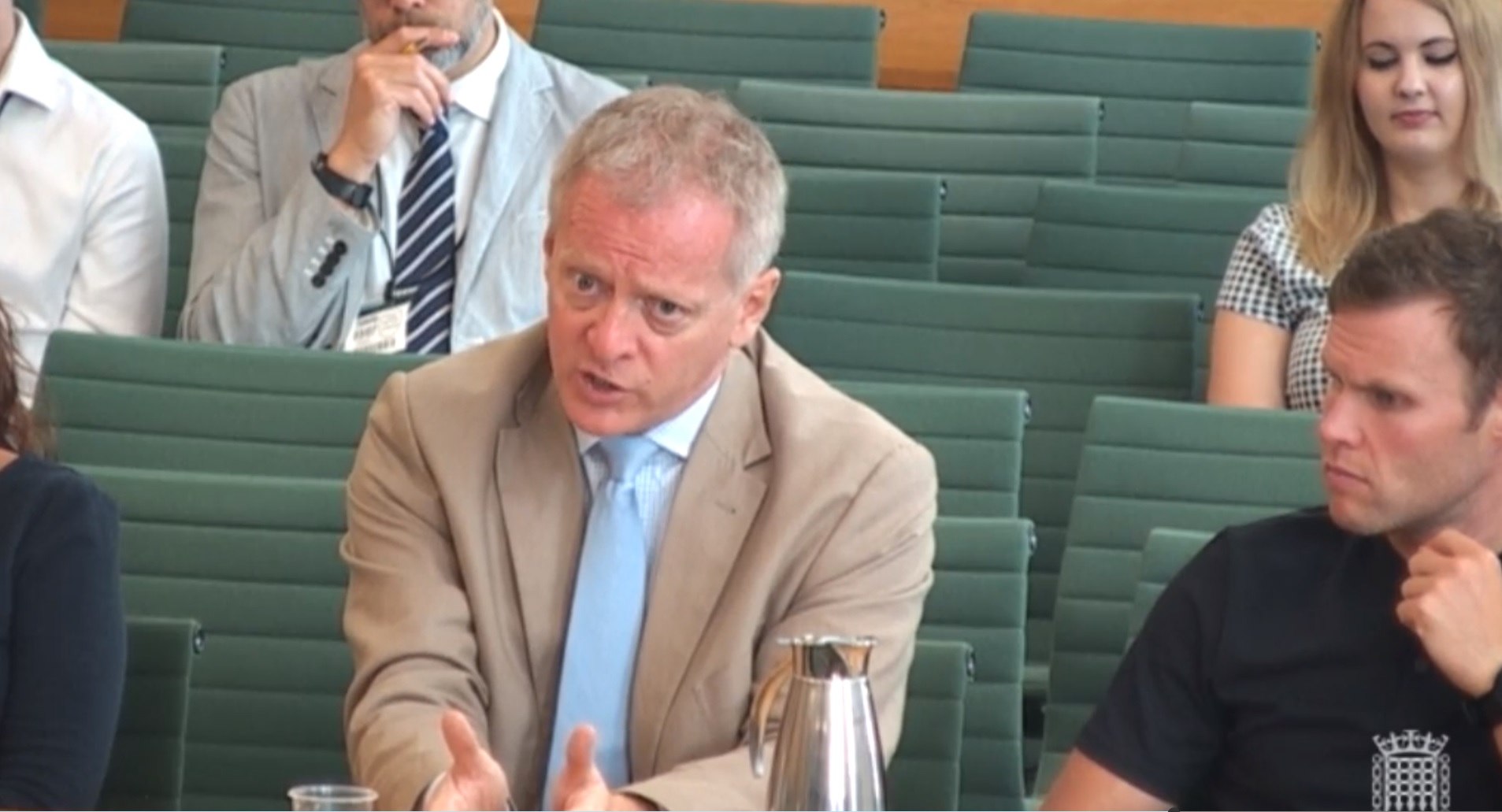Sport is the most effective way of engaging with offenders in prison but a more collaborative and risk-taking approach is needed for it to have a more widespread effect.
That was the view of an expert panel in front of a Digital, Culture, Media and Sport (DCMS) Committee at the House of Commons this morning (July 3), convened as part of an inquiry into whether participation in sport and culture can help prevent youth crime.
The Committee heard from former Justice Minister Dr Phillip Lee MP, Professor Rosie Meek of Royal Holloway University and ex-armed robber turned Nike-sponsored Ironman athlete John McAvoy.
John, whose athletic potential was first spotted by a prison officer inside HMP Lowdham Grange whilst on a rowing machine, told the Committee of the transformation in his life that was ignited by sport.
He told the Committee: "You're far more likely to change someone if they engage in things they have a passion for, and in prison a lot of people have a passion for exercise and training. The prison gym is a massive way you can target some of the most disenfranchised people and try to orchestrate that mindset change to do something positive with their lives.
"I was the most one-track minded criminal you could meet. If I can turn my life around, every single one of those 90,000 people in prison can do the same. That is the power of sport."

Dr. Lee (pictured above), a key campaigner for the use of sport in criminal justice, said: "We must find a way of rehabilitating and reaching out to these young men and I've seen little evidence of anything better than sport.
"There's a lot of risk aversion in HMPPS [the prison service] and the Ministry of Justice in general. If we can't overcome that, we're not going to make any progress. A bit of risk taking is required and I can't think of anything better than the use of sport."
Professor Meek, who has conducted extensive research into sport in prisons and co-wrote a major forthcoming Ministry of Justice-commissioned Review of Sport in Criminal Justice, added a note of caution.
She said: "There are pockets of good practice going on across the Estate but they are certainly not widespread. We need a co-ordinated approach which encompasses health, education and sport as part of a wellbeing strategy."
For a full report from Tuesday's DCMS inquiry, visit the Alliance of Sport for the Desistance of Crime.












